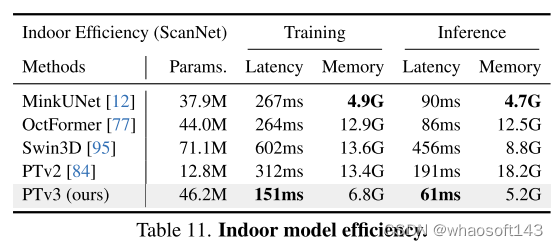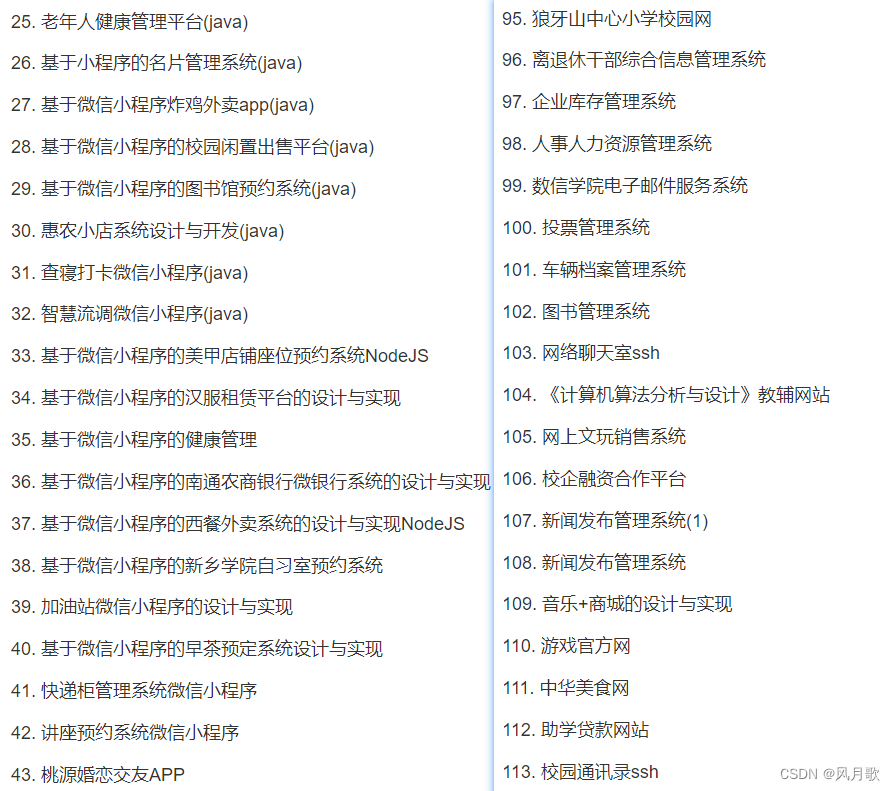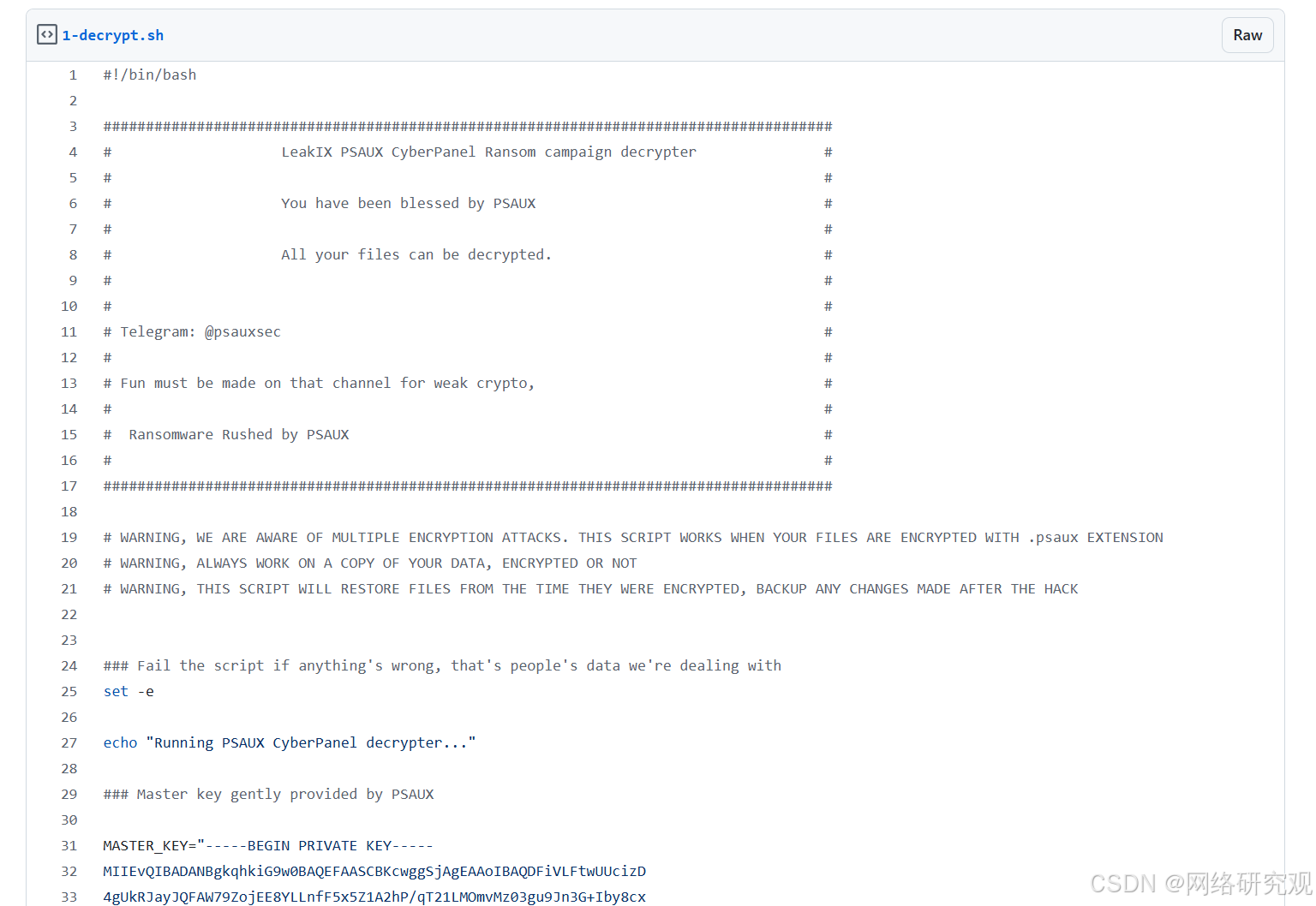主格、宾格、形容词性物主代词和名词性物主代词
- 1. 代词 (pronoun, pron.)
- 1.1. 人称代词 (personal pronoun)
- 2. 主格 (nominative case)
- 3. 宾格 (accusative case)
- 4. 所有格 (possessive)
- 4.1. 形容词性物主代词 (possessive adjective / possessive determiner)
- 4.2. 名词性物主代词 (possessive pronoun)
- References
1. 代词 (pronoun, pron.)
https://en.wikipedia.org/wiki/English_pronouns
代词又称为代名词,是指代替名词或名词短语的一种词类,用于指代人或事物,避免重复提及具体的名词。
The English pronouns form a relatively small category of words in Modern English whose primary semantic function is that of a pro-form for a noun phrase. Traditional grammars consider them to be a distinct part of speech, while most modern grammars see them as a subcategory of noun, contrasting with common and proper nouns.
英语代词是现代英语中一个相对较小的词类。传统语法认为它们是单独的词类,而大多数现代语法将它们视为名词的一个子类别,与普通名词和专有名词形成对比。
They clearly include personal pronouns, relative pronouns, interrogative pronouns, and reciprocal pronouns.
它们包括人称代词、关系代词、疑问代词和相互代词等。
1.1. 人称代词 (personal pronoun)
https://en.wikipedia.org/wiki/English_personal_pronouns
The English personal pronouns are a subset of English pronouns taking various forms according to number, person, case and grammatical gender.
英语人称代词是英语代词的一个子集,根据数、人称、格和语法性别而呈现各种形式。
Languages typically have personal pronouns for each of the three grammatical persons:
-
first-person pronouns normally refer to the speaker, in the case of the singular (as the English
I), or to the speaker and others, in the case of the plural (as the Englishwe).
第一人称代词是指说话的那个人。 -
second-person pronouns normally refer to the person or persons being addressed (as the English
you); in the plural they may also refer to the person or persons being addressed together with third parties.
第二人称代词是指说话的对象。 -
third-person pronouns normally refer to third parties other than the speaker or the person being addressed (as the English
he,she,it,they).
第三人称代词是指被说及的人、事、物。
As noted above, within each person there are often different forms for different grammatical numbers, especially singular and plural.
单数和复数。
pronoun [ˈprəʊnaʊn]:n. 代词 (代替名词或名词词组的单词)
genitive [ˈdʒenətɪv]:n. 属格,所有格 adj. 属格的
masculine [ˈmæskjʊlɪn]:adj. 男子汉的,男人的,像男人的,阳性的 n. (词语的) 阳性,阳性词,阳性词形
feminine ['femənɪn]:adj. (指气质或外貌) 女性特有的,阴性的 n. 阴性 (指名词、形容词和代词的形式),阴性词
neuter [ˈnjuːtə(r)]:n. 中性,中性词,中性形式,不及物词 v. 阉割,使失去作用 adj. 中性的
epicene ['epɪsi:n]:adj. 兼具男女两性特征的,缺乏性特征的,通性的 n. 通性词,兼有两性特征的人
informal [ɪnˈfɔː(r)m(ə)l]:adj. 不拘礼节的,友好随便的,非正规的,日常的
formal [ˈfɔː(r)m(ə)l]:adj. 适合正式场合的,正规的,庄重的,正式的 n. 须穿礼服的社交集会,夜礼服
determiner [dɪˈtɜː(r)mɪnə(r)]:n. 限定词 (置于名词前起限定作用)
interrogative [ˌɪntəˈrɒɡətɪv]:adj. 询问的,提问的,疑问式的,用于疑问句的 n. 疑问词,疑问限定词
themself [ðəm'self]:pron. (they 的反身形式,用以代替 himself 或 herself,指称性别不详的人) 他自己,她自己
| Grammatical number(数) | Nominative(主格) | Accusative(宾格) | Dependent genitive(形容词性物主代词) | Independent genitive(名词性物主代词) | Reflexive(反身的) | |
|---|---|---|---|---|---|---|
| Subject(主语) | Object(宾语) | Determiner(限定词) | Pronoun(名词) | Reflexive(反身的) | ||
| First-person(第一人称) | Singular(单数的) | I | me | my | mine | myself(我自己) |
| First-person(第一人称) | Plural(复数的) | we | us | our | ours | ourselves(我们自己) |
| Second person(第二人称) | Singular(单数的) | you | you | your | yours | yourself(你自己) |
| Second person(第二人称) | Plural(复数的) | you | you | your | yours | yourselves(你们自己) |
| Third-person(第三人称) | Singular(单数的)+Masculine(阳性) | he | him | his | his | himself(他自己) |
| Third-person(第三人称) | Singular(单数的)+Feminine(阴性) | she | her | her | hers | herself(她自己) |
| Third-person(第三人称) | Singular(单数的)+Neuter(中性/无性) | it | it | its | its | itself(它自己) |
| Third-person(第三人称) | Singular(单数的)+Epicene | they | them | their | theirs | themself(他自己,她自己) |
| Third-person(第三人称) | Plural(复数的) | they | them | their | theirs | themselves(它们自己) |
| Generic | Formal | one | one | one’s | one’s | oneself |
| Generic | Informal | you | you | your | your | yourself |
| Interrogative(疑问词) | Personal | who | whom | whose | whose |
2. 主格 (nominative case)
https://en.wikipedia.org/wiki/Nominative_case
主格就是作主语的格式 (形式),主格代表动作的执行者。
In grammar, the nominative case (abbreviated NOM), subjective case, straight case, or upright case is one of the grammatical cases of a noun or other part of speech, which generally marks the subject of a verb, or a predicative nominal or adjective, as opposed to its object, or other verb arguments.
在语法中,主格是语法格的一种,通常标示动词的主语。在现代英语中,人称代词有主格和宾格两种形式。
English still retains some nominative pronouns, which are contrasted with the accusative: I (accusative me), we (accusative us), he (accusative him), she (accusative her), they (accusative them) and who (accusative whom).
主格使用时作为句子的主语。
nominative [ˈnɒmɪnətɪv]:n. 主格,主格词 adj. 主格的,被提名的
case [keɪs]:n. 情况,事例,事实,病例,案件,诉讼,辩词,盒,箱,(语法) 格
predicative [prɪˈdɪkətɪv]:n. 表语,表语性 adj. 作表语的
nominal [ˈnɒmɪn(ə)l]:adj. 名义上的,有名无实的,很小的,象征性的 n. 名词性的词
adjective [ˈædʒɪktɪv]:adj. 形容词 (性) 的,附属的,有关程序的 n. 形容词
accusative [əˈkjuːzətɪv]:n. 直接受格,宾格,做宾格的词或短语 adj. 直接受格的,宾格的
agent [ˈeɪdʒ(ə)nt]:n. 经纪人,(演员、音乐家、运动员、作家等的) 代理人
The nominative case marks the subject of a verb. When the verb is active, the nominative is the person or thing doing the action (agent). when the verb is passive, the nominative is the person or thing receiving the action.
主格标记动词的主语。当动词为主动时,主格是执行动作的人或事物 (施事者)。当动词为被动时,主格是接受动作的人或事物。
The boy saw her.
She was seen by the boy.
3. 宾格 (accusative case)
https://en.wikipedia.org/wiki/Accusative_case
宾格就是作宾语的格式 (形式),宾格代表动作的承受者。
In grammar, the accusative case (abbreviated ACC) of a noun is the grammatical case used to receive the direct object of a transitive verb.
在语法中,宾格又称为受格或对格,人称代词的宾格是及物动词的直接宾语。宾格使用时作为句子的受词,放在句子里的动词或介词后面。
In the English language, the only words that occur in the accusative case are pronouns: me, him, her, us, whom, and them.
在英语中,唯一以宾格出现的词是代词。
For example, the pronoun she, as the subject of a clause, is in the nominative case (“She wrote a book”); but if the pronoun is instead the object of the verb, it is in the accusative case and she becomes her (“Fred greeted her”).
4. 所有格 (possessive)
The English personal pronouns I, you, he, she, it, we and they correspond to the possessive determiners my, your, his, her, its, our and their and also to the (substantive) possessive pronouns mine, yours, his, hers, its (rare), ours and theirs.
物主代词在英语中是一种代词,用来表示所有权和关系,即表明某个人或物是谁的。物主代词分为形容词性物主代词和名词性物主代词,前者修饰名词,后者能独立使用。 物主代词应该与它所指的人或物的数、性等保持一致。
Some authors who classify both sets of words as possessive pronouns or genitive pronouns apply the terms dependent/independent or weak/strong to refer, respectively, to my, your, etc., and mine, yours, etc. For example, under that scheme, my is termed a dependent possessive pronoun and mine an independent possessive pronoun.
4.1. 形容词性物主代词 (possessive adjective / possessive determiner)
形容词性物主代词是物主代词的一种,具有形容词的特性,常放在名词前面起修饰作用,表示某物的归属。
4.2. 名词性物主代词 (possessive pronoun)
名词性物主代词是在物体已经指出的情况下用来代替已知物体的物主代词,后面不需要加上已知名词。名词性物主代词具有名词的性质,相当于“形容词性物主代词 + 名词”,在句中单独使用。
References
[1] Yongqiang Cheng, https://yongqiang.blog.csdn.net/



















